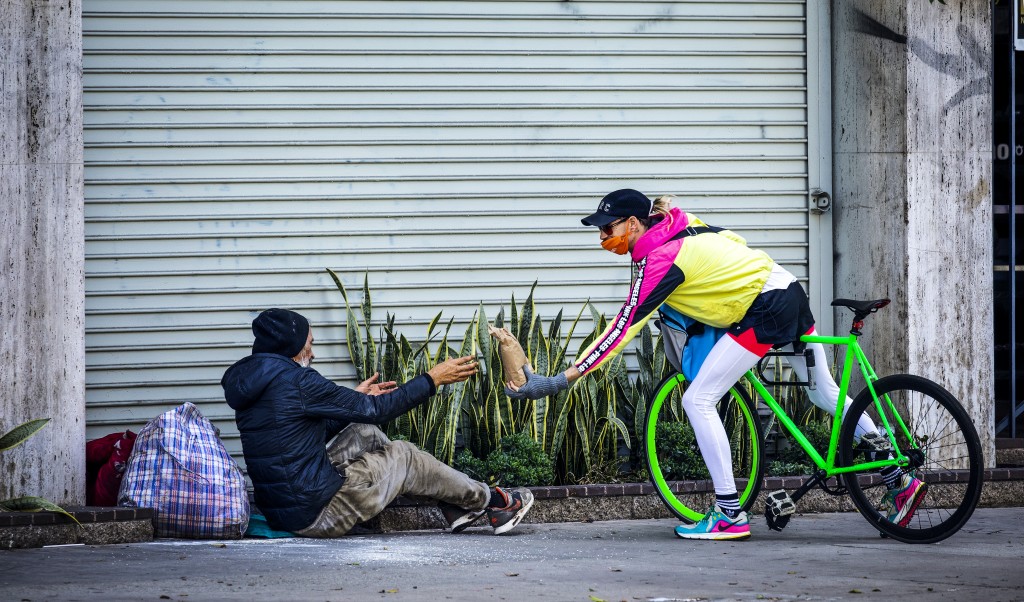Governor Gavin Newsom has signed Senate Bill 634, a landmark but hard-fought measure that will make it illegal for California cities to punish people or organizations for helping their unhoused neighbors. Beginning January 1, 2026, local governments will be barred from prosecuting or citing anyone for providing food, water, blankets, tents, medical care, legal assistance, or other survival support to people experiencing homelessness.
The bill, authored by Senator Sasha Renée Pérez of Pasadena and co-sponsored by Disability Rights California, Inner City Law Center, the National Alliance to End Homelessness, and the Western Center on Law and Poverty, was one of the most contested pieces of housing legislation of the year. Even in its scaled-back form, SB 634 barely cleared the Senate and Assembly, after months of lobbying from police unions and mayors who wanted to preserve their power to criminalize homelessness under the banner of “public safety.”
For supporters, the victory is bittersweet. The bill began as a bold attempt to stop cities from arresting unhoused people for sleeping outside, but after heavy opposition it was amended to address only those who help them. That narrowing reflects just how far California’s political conversation on homelessness has shifted to the right since the Supreme Court’s Grants Pass decision, which gave cities broad new authority to jail people for living outdoors.
Under that new legal landscape, cities like Fremont and El Cajon have tried to criminalize “aiding and abetting” encampments, laws that made it illegal to offer food or water to people without homes. SB 634 draws a clear line against that kind of cruelty, ensuring that outreach workers, mutual aid organizers, faith groups, and volunteers will not be treated like criminals for showing compassion and solidarity with unhoused neighbors. As one advocate said, “When I provide someone with a tent or blanket, I could be breaking the law. I am also putting the person I’m helping in danger of violating laws that ban camping.” Supporters say the law is both a moral and practical correction. Criminalizing humanitarian aid only deepens the crisis, cutting off the few survival lifelines that remain for people on the street.
Opponents, led by mayors like San Jose’s Matt Mahan and San Francisco’s Daniel Lurie, argued that the bill would “hamstring” local governments from clearing encampments. Both have embraced the Supreme Court’s ruling as a green light for more sweeps and arrests, often describing them as necessary to restore “clean and safe streets.” But advocates say this is a shell game: criminalization displaces people without housing while doing nothing to solve the underlying shortage of affordable homes.
In a statement after the signing, coalition partners behind SB 634 acknowledged that the bill doesn’t go far enough to protect unhoused Californians but called it an important step in reversing years of state and local policy that punished the poor for surviving.

